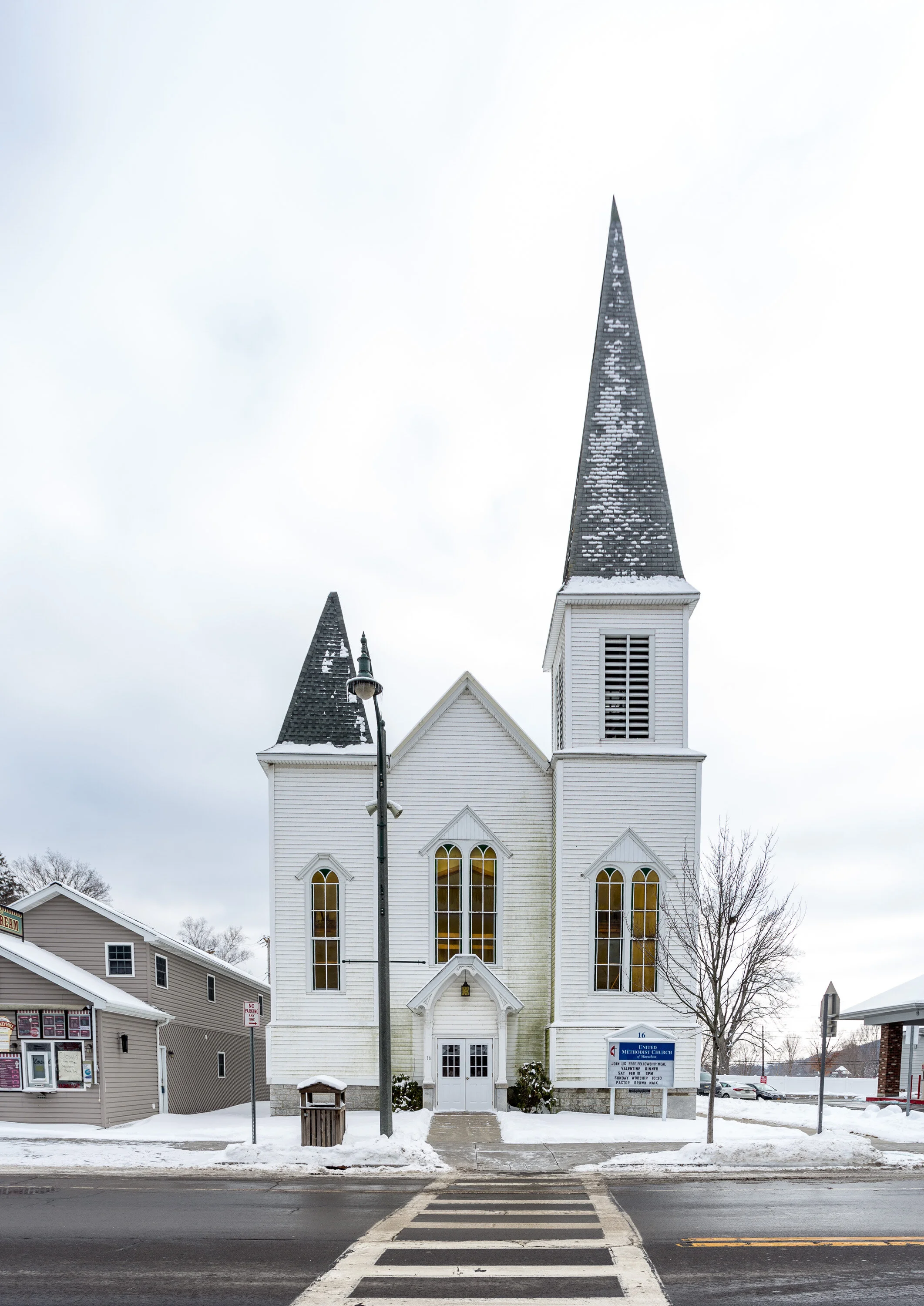(OPINION) The trend of converting underused houses of worship into affordable housing is sweeping America. The state of California last year passed a law rewarding faith-based organizations that use their surplus properties to build 100 percent affordable housing. Maryland, New York and Virginia are considering the same, and the cities of Atlanta, Pasadena, San Antonio, San Diego and Seattle have passed similar legislation.
Read More(OPINION) The teachings of most religions and denominations encourage, if not command, followers to care for God’s creation. Since the first Earth Day in 1970, many houses of worship have taken the message of environmental sustainability to heart. They tend to start with improving the day-to-day behaviors of their congregations.
Read More(OPINION) Houses of worship are in decline. One reason is Americans’ waning interest in religious institutions. Another may be the change in consumer behavior away from the “average” and toward the large, the online and the small but specialized. Houses of worship can develop hope by learning from the experiences of the retail, financial-services and health care industries.
Read MoreHouses of worship own billions worth of empty, deteriorating or underused real estate. Some local governments and denominations are moving to carve it into badly needed housing, but there are plenty of obstacles.
Read More(OPINION) While The United Methodist Church debates societal issues — LGBTQ rights, Black Lives Matter, welcome of refugees and the like — its congregations’ real estate is eating away at the denomination and threatening its viability.
Read More(ANALYSIS) Across the country, houses of worship are shuttering by the thousands. Municipalities have a role in finding new uses for abandoned buildings that have long anchored communities and neighborhoods.
Read More




